Earthquake hits Japan’s Fukushima region as Taiwan rescue continues
A magnitude-6.0 earthquake struck off northeastern Japan’s Fukushima region. There were no immediate reports of damage or injuries
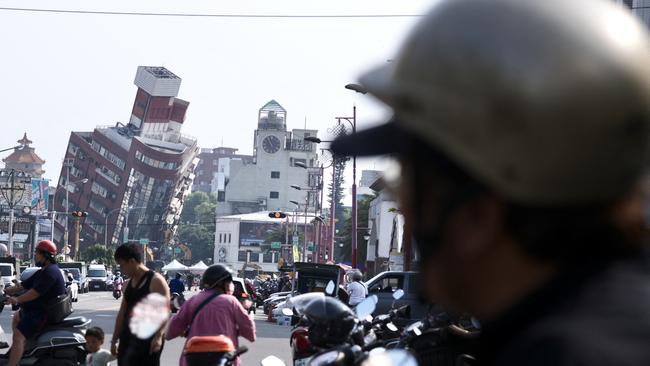
A magnitude-6.0 earthquake struck off northeastern Japan’s Fukushima region on Thursday as rescue operations continued in neighbouring Taiwan after its biggest quake in 25 years.
There were no immediate reports of damage or injuries after the Japanese earthquake, the epicentre of which was at a depth of 40km. TEPCO, the operator of the Fukushima nuclear power plant, said “no abnormalities” had been detected at the stricken facility.
It comes a day after at least nine people were killed and more than 1000 injured by a powerful earthquake in Taiwan.
Taiwanese Premier Chen Chien-jen on Thursday inspected the emergency operation centre in Hualien, a city on Taiwan’s east coast near the epicentre of Wednesday’s magnitude-7.4 quake. “I hope that we can use today’s time to find all people who are stranded and unaccounted for and help them settle down,” Mr Chen said.
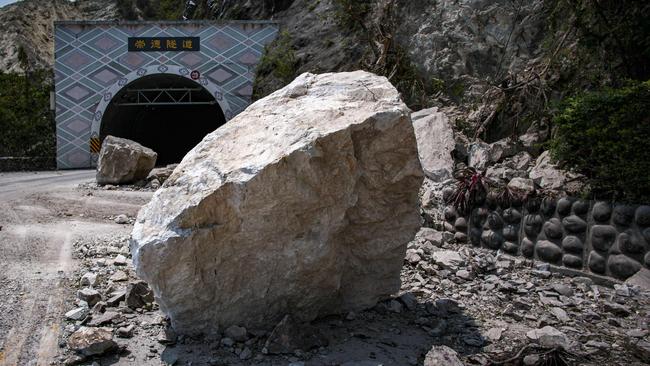
Earlier on Thursday, a helicopter plucked six miners to safety from a quarry while rescuers worked to free scores of people trapped in highway tunnels near the popular tourist site of Taroko Gorge. Taiwan’s authorities said they were in contact with 101 people who remained trapped. Australian Foreign Minister Penny Wong joined a chorus of international leaders, including Japanese Prime Minister Fumio Kishida, Philippines President Ferdinand Marcos Jnr, Indian Prime Minister Narendra Modi, British Foreign Secretary David Cameron and America’s top Taiwan affairs official Laura Rosenberger, in expressing condolences after the disaster.
“Australia’s thoughts are with those killed and injured following the earthquake near Taiwan,” Senator Wong said.
Australia's thoughts are with those killed and injured following the earthquake near Taiwan.
— Senator Penny Wong (@SenatorWong) April 3, 2024
DFAT officials in Taipei and Tokyo are working with authorities but at this stage aren't aware of any Australians affected.
A spokeswoman for the Department of Foreign Affairs and Trade said Australian officials were assisting a “small number of Australians, some of whom have sustained minor injuries”.
“Department officials in Taipei continue to work with local authorities to determine whether any other Australians have been affected by the earthquake,” she said.
Improved building regulations, widespread public disaster awareness and the worst impact being in a relatively remote part of Taiwan appeared to have staved off a much worse catastrophe.
A magnitude-7.6 quake in 1999 killed 2400 people, the deadliest natural disaster in Taiwan’s democratic history.
Thursday was the start of the four-day public holiday known as Tomb Sweeping Day, when residents travel to their hometowns to honour their late relatives and tend to their graves.
More than 300 aftershocks have hit since the first quake. The government has warned people to be wary of landslides or rockfalls if they venture into the countryside during the holiday.
“Do not go to the mountains unless necessary,” warned President Tsai Ing-wen.
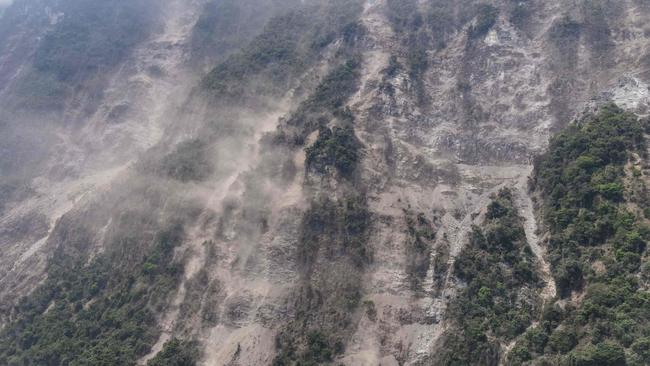
In Hualien over 100 people chose to sleep outdoors in tents at a shelter set up in an elementary school Wednesday night as the aftershocks continued.
“Our worry is when the big aftershocks happen it might be really hard for us to evacuate one more time – especially with the baby,” said Indonesian Hendri Sutrisno, 30, a professor at Donghua University.
He and his wife hid under a table with their infant when the earthquake struck, before fleeing their apartment.
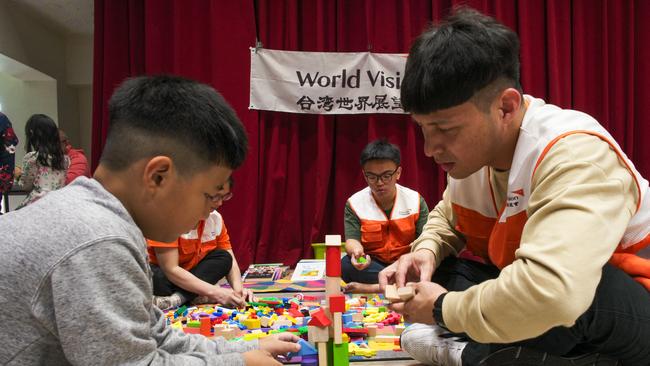
China, which claims self-ruled Taiwan as part of its territory, said it was “paying close attention” to the quake and was “willing to provide disaster relief assistance”.
Taiwan and Japan are in the Pacific “Ring of Fire”, the world’s most tectonically active region.
Japan’s biggest earthquake on record was a magnitude-9.0 undersea shock in March 2011 off the northeast coast, which triggered a tsunami that left around 18,500 people dead or missing. That catastrophe sent three reactors into meltdown at the Fukushima nuclear plant, causing Japan’s worst post-war disaster and the most serious nuclear accident since Chernobyl.
Additional reporting: AFP


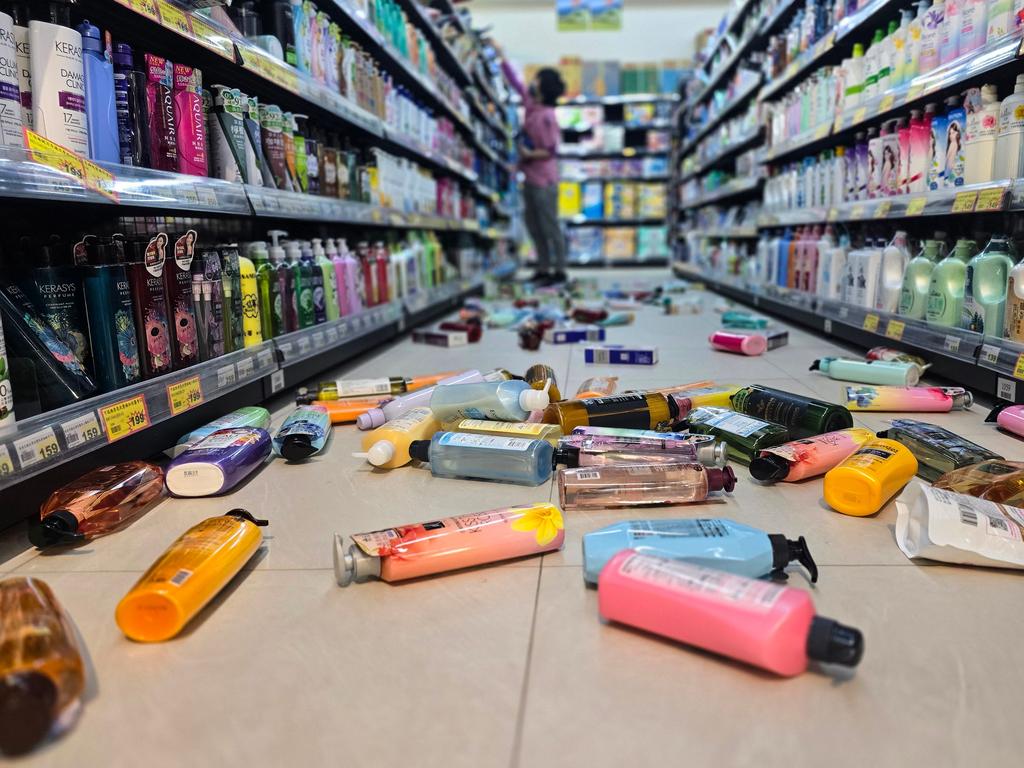
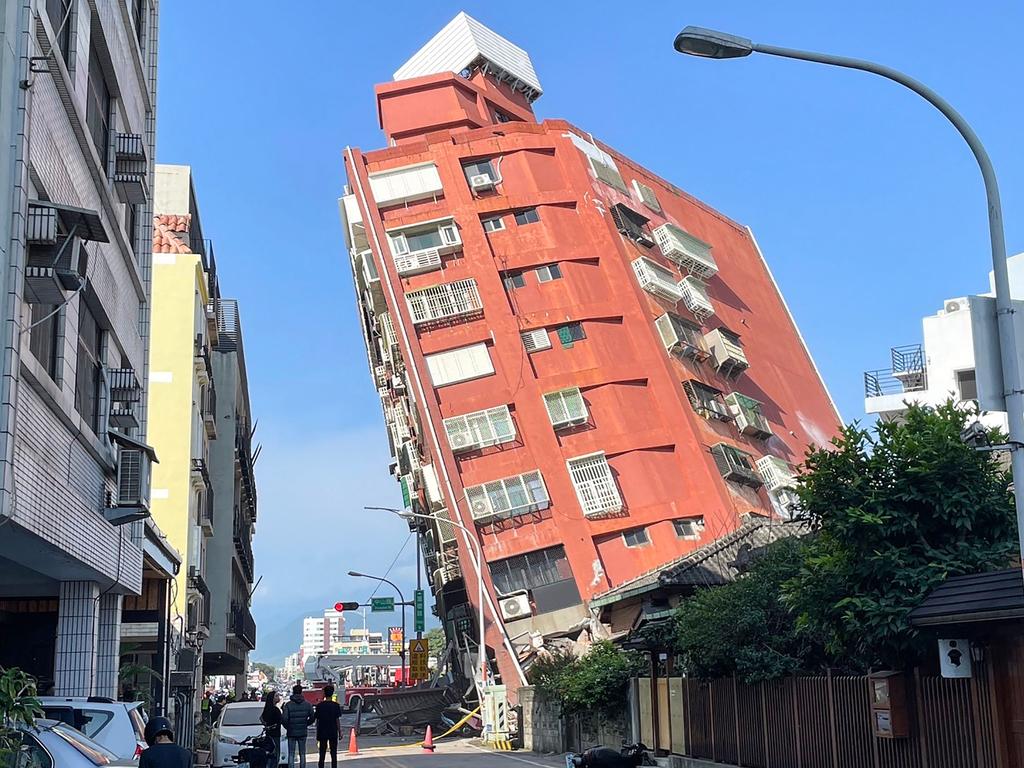
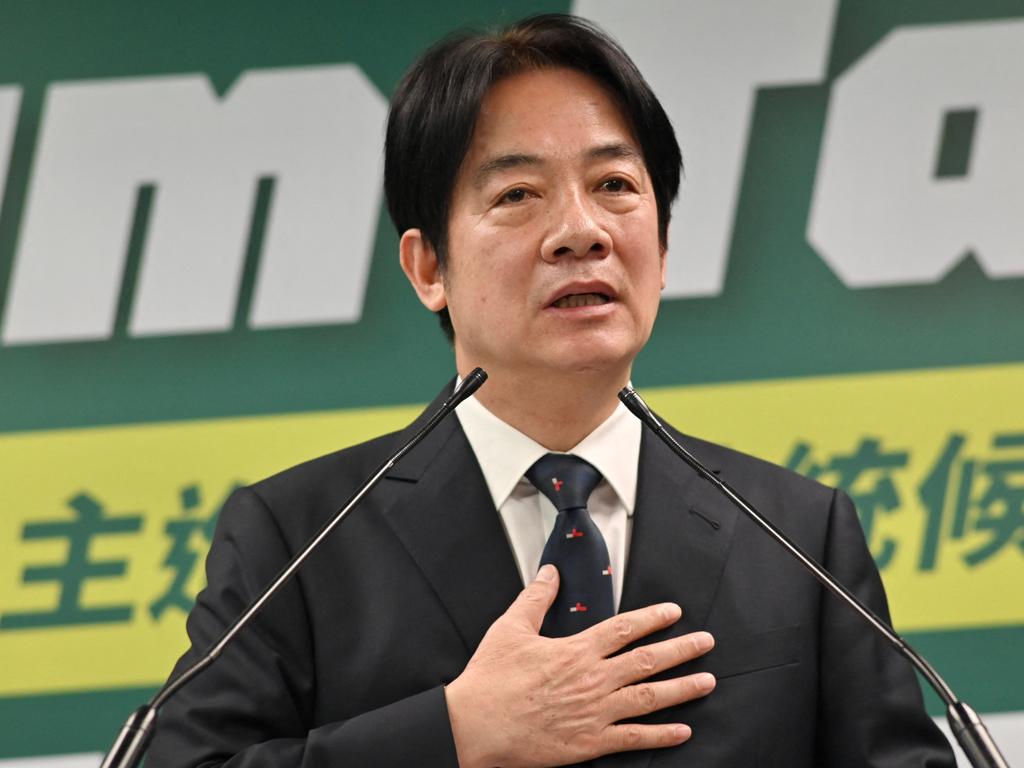
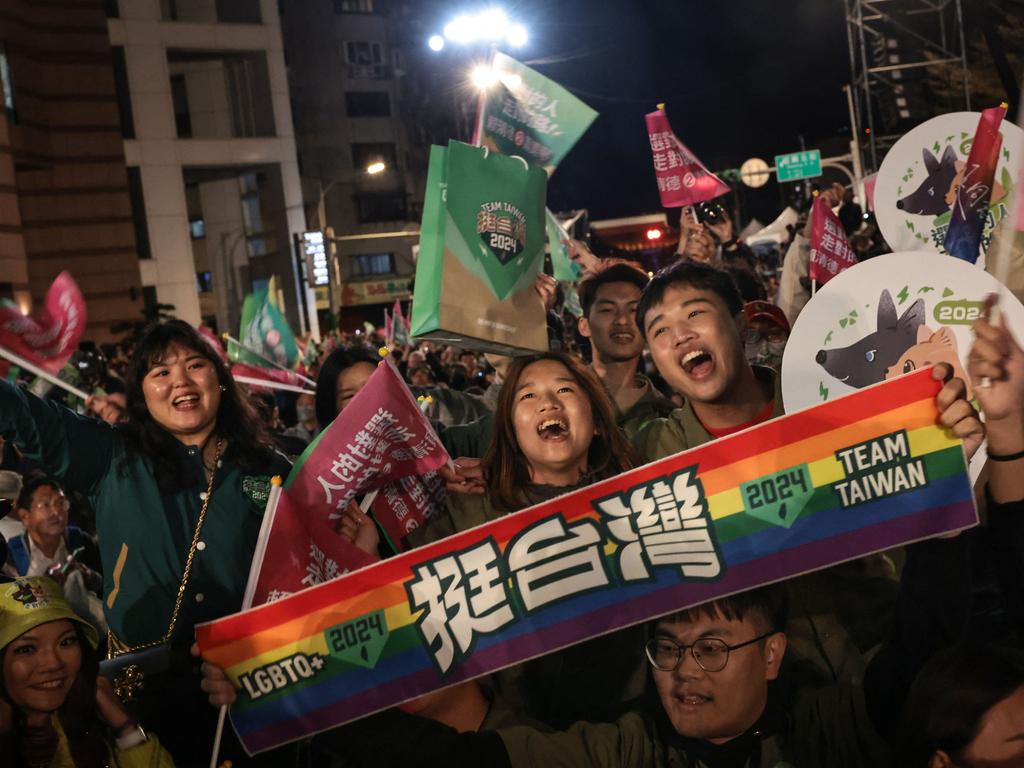


To join the conversation, please log in. Don't have an account? Register
Join the conversation, you are commenting as Logout